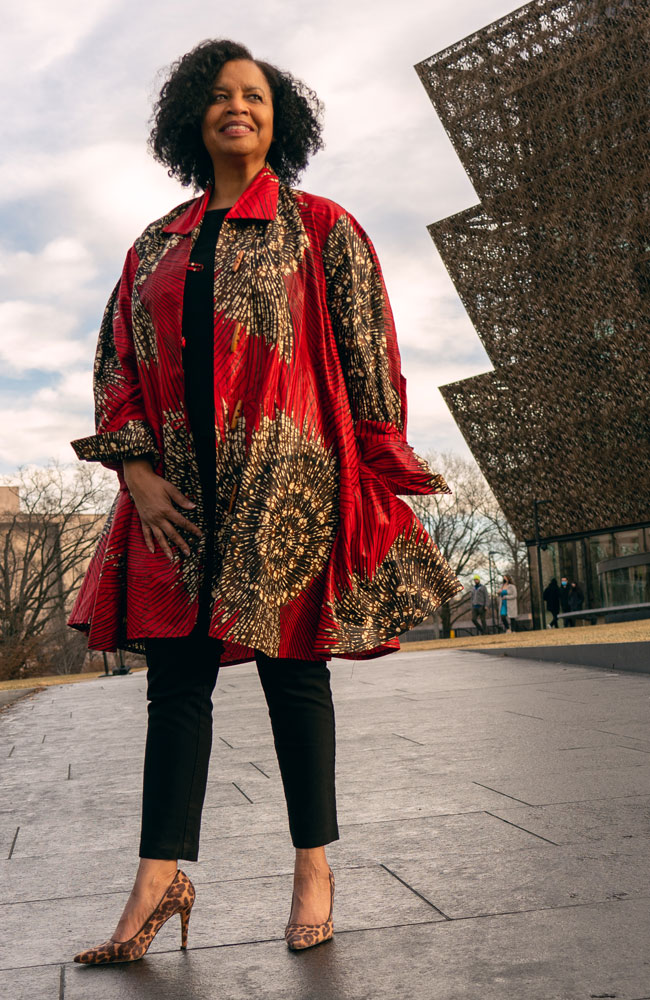editorial
our life is a good gift from a loving God, even when subjectively it doesn’t feel good or like a gift, and even when you doubt that God is loving. Please get out of bed anyway.”
I find in this quote from Alan Noble in his new book On Getting Out of Bed, the crux, the impetus for momentum in a world that has us paralyzed by self-interest, and the resulting inertia of unfulfillment and sadness.
Our youth, especially the younger set, Generation Z, are emerging with a worldview that is, at its heart, secular, not spiritual. The highest goal and meaning of life for so many, is to define oneself. As we have seen through various data, this kind of pressure has led to record-breaking anxiety, loneliness, and the need to belong.
In the book The Disappearing Church, Mark Sayers, discusses seven core beliefs this cohort of young people hold, a group he identifies as “expressive, individualists.”
“For expressive individualists, traditions, religions, regulations, and social ties that restrict individual freedom, happiness, self-definition, and self-expression must be reshaped, deconstructed, or destroyed. The highest good is individual freedom, happiness, self-definition and self-expression.”
In this season of springing forth, and commencements, I worry for the Zs who now launch out with that life philosophy into this world. What will become of that compelling drive to experience only happiness and freedom in this world, in this world? Who doesn’t want it, but as the senior folks would say, “just keep living”—our expectations will be modified soon enough.
In our world, the chaos of gun violence and mass shootings necessarily restricts your movements and personal freedom.
In our world, the news stresses young people out even more than the senior set, and because of this stress, our younger brothers and sisters necessarily experience less happiness.
In our world, for the young people seeking to launch out into their own careers and homes, the chains of student debt, rising inflation and a looming recession necessarily puts a halt to self-definition.
In our world every post, picture, and idea gets immediate approval or disapproval, and that actually works against confident self-expression.
Flip the Script, Disrupting Tradition for the Sake of the Next Generation invites a focus on this mindset of our youth. So many come to the table without the stabilizing force of faith. The following facts regarding the emotional, mental and spiritual status of Gen Z have everyone from social scientists to church administrations wondering how to reach and support them better.
- 53% of Gen Z reported that the biggest challenge they faced during the pandemic was their mental health.
- 48% of Gen Z say they are moderately or extremely depressed.
- 21% of Gen Z say they are extremely lonely.
- More than half of Gen Z adults (ages 18 to 22) identified with 10 out of 11 feelings associated with loneliness.
- And, 61% of Gen Z say adults in their lives don’t truly know the extent of their struggles.
- Only 10% of this age group is finding any kind of solace within the walls of the church.
- (Flip the Script, and Lifeway research)
Incidentally, among older “Christian” adults, the influence of a faith community—church—holds less value.
It seems that the impact of a culture obsessed with “self” influences mental and spiritual health. We’re in a scramble to undo the self-inflicted wounds of, well, self. Here’s where we come back to Alan Noble’s profound observations in On Getting Out of Bed. Himself, a celebrated Christian writer, living with the challenge of mental suffering, Noble says even the “self-help” orientation to read, exercise, eat, counsel and be counseled, get treatments and receive medications, will only take us so far. We can’t fix everything ourselves, and our experience is not all about our self-help technique.
Thusly, there are rarely clear answers to depression, anxiety, and other mental health disorders. You can and should pursue professional help, but remember that there are limits. And at those limits we are thrown back on ourselves, God, and our neighbor for the responsibility of living. Even the best counseling and medication cannot replace the existential decision to live and rely on God and your neighbor.”

CARMELA MONK CRAWFORD, Esq., is Editor of Message Magazine